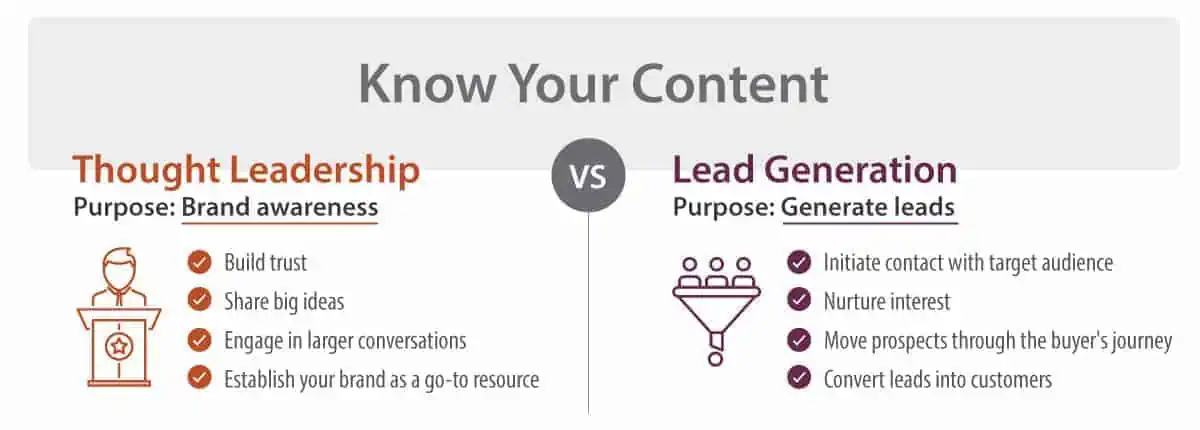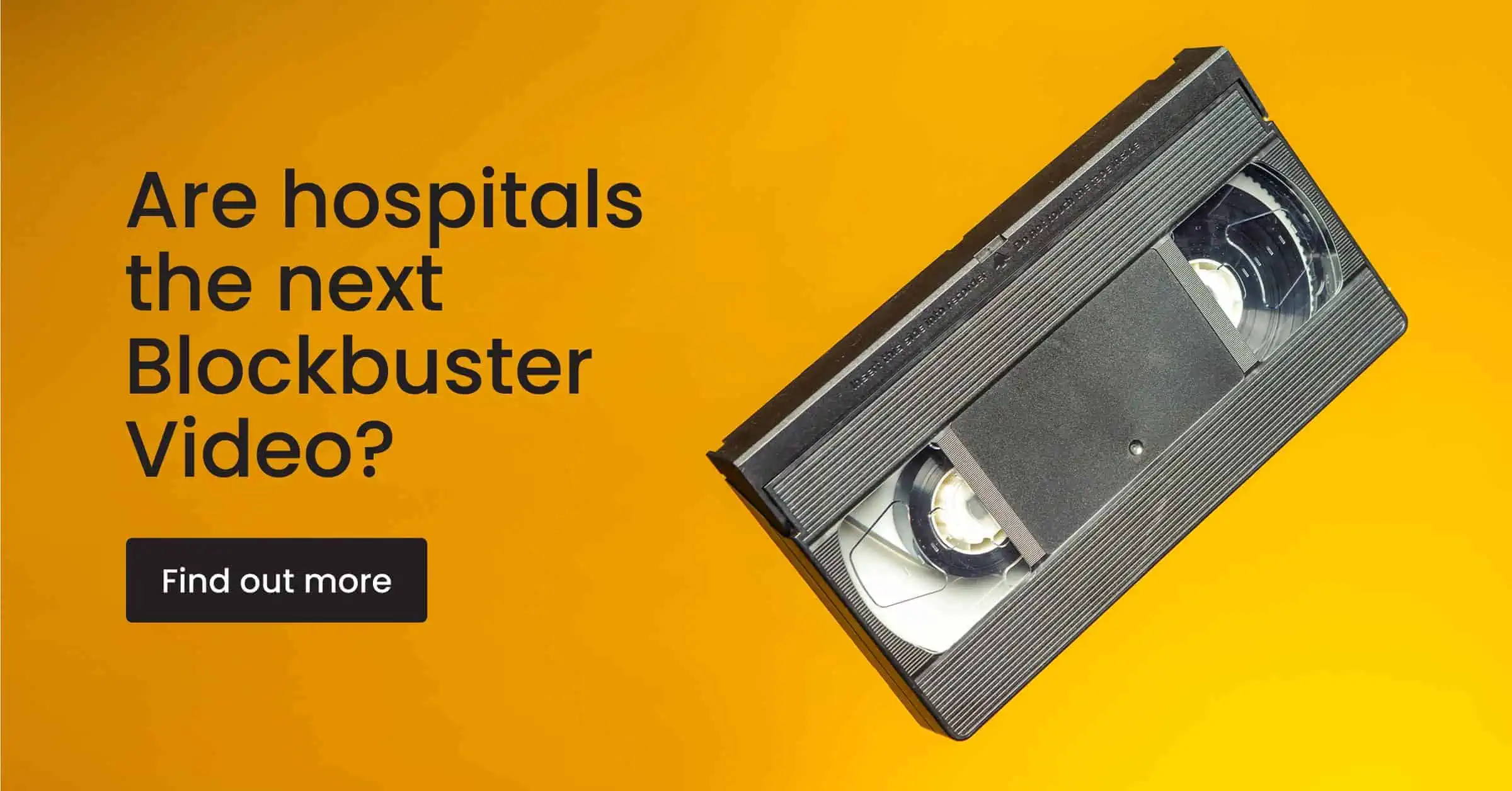Effective B2B healthcare technology marketing continues to evolve as the tech itself experiences a transformative boom. Meanwhile, health systems are inundated with point solution pitches that don’t solve their revenue and patient access challenges.
From AI-powered diagnostics to telehealth platforms, innovative solutions are emerging at an unprecedented rate. However, with this surge in innovation comes a challenge: a saturated market where countless healthcare technology companies vie for the attention of the same stakeholders – and many sound exactly alike.
In this sea of sameness the role of effective healthcare technology marketing cannot be overstated. It is the compass that guides healthcare technology companies through the tumultuous sea of competition, helping them not only stand out but also thrive.
1. Compelling narrative
In a saturated market, the ability to tell a compelling brand story about your healthcare technology becomes paramount. Potential customers DO NOT CARE about how cool your product is, so cut the hyperbole. Craft strong brand messaging to help potential customers understand not just what your product does, but why it should matter to them.
Explain how your technology can improve patient outcomes, streamline workflows, or reduce costs. Sharing real-life success stories and patient testimonials can humanize your product, making it more relatable and memorable.
2. Targeted messaging
Not all healthcare providers or organizations are the same.
Tailoring your marketing message to address specific pain points, challenges, and goals of different segments of the healthcare industry and target personas can make your technology more compelling. Whether you’re targeting hospitals, clinics, or individual practitioners, showing that you understand their unique needs creates a stronger connection.
3. Thought leadership
Establishing your company as a thought leader in the healthcare technology space can set you apart from the competition.
Publishing insightful whitepapers, hosting webinars, and participating in industry conferences showcase your expertise and dedication to innovation. When healthcare professionals see you as a reliable source of knowledge, they’re more likely to consider your technology.
4. Content marketing
A robust content marketing strategy can position your healthcare technology company as a go-to resource for industry insights.
Regularly publishing blog posts (we recommend at least one per week), articles, and educational videos engages your audience and demonstrates your commitment to sharing valuable information. This can increase brand trust and loyalty over time.
5. Engaging visuals
In a visually-oriented world, the power of engaging visuals cannot be ignored.
Invest in high-quality images, infographics, and videos that showcase your technology in action. Visual content can quickly convey complex ideas and make your product more memorable in a sea of text-based marketing.
6. Data-driven approach
In the healthcare technology realm, data is king.
Leverage your marketing data and analytics to understand customer behavior, preferences, and pain points. This information can help you tailor your marketing strategies to resonate with your target audience effectively. Data-driven decision-making allows you to allocate resources more efficiently and optimize your marketing efforts.
7. Social media engagement
Social media platforms provide a unique avenue for healthcare technology companies to connect directly with their audience.
Regularly sharing updates, industry news, and engaging content on platforms like LinkedIn, Twitter (but be sure to keep an eye on this one!), and Instagram can help you build a strong online presence. Responding to comments and fostering conversations shows that you value your audience’s input.
8. Partnerships and collaborations
Collaborating with reputable healthcare organizations like CHIME and HIMSS, key opinion leaders, or other third-party tech companies can boost your credibility and visibility.
Partnerships not only widen your reach but also introduce your technology to new audiences that may be interested in your innovative solutions.
9. User-centric approach
Marketing isn’t just about getting attention; it’s about building relationships.
Prioritize customer support, listen to feedback, and continuously improve your product(s) based on user input. A reputation for excellent customer service and a willingness to evolve based on user needs can set you apart from competitors.
Also, mind your differentiators. Amplify the elements of your product, solution, or service that make you unique.
10. Measurable results
Demonstrating the tangible benefits of your healthcare technology is crucial.
Share case studies, success stories, and quantifiable data that show how your product has positively impacted patient care, reduced costs, or improved operational efficiency. Prospective clients are more likely to invest in technology that has a proven track record.
11. (BONUS!) A robust marketing plan
Targeted messaging, engaging visuals, etc., are all for naught if they aren’t getting in front of your target audience.
A strong marketing plan is paramount. It navigates the complex landscape, forging connections between innovative solutions and healthcare providers. A well-crafted plan ensures effective communication of intricate technical details into compelling value propositions. It establishes credibility, addressing the industry’s stringent compliance and security demands.
Through targeted strategies, your marketing will capture the attention of key stakeholders, outlining how the technology meets their specific pain points.
Are you ready to rise above the noise?
In a market flooded with healthcare technology solutions, stand-out marketing is the beacon that guides companies to success.
Remember, marketing is not just about attracting attention; it’s about building trust and fostering relationships. When your healthcare technology stands for innovation, reliability, and a commitment to improving patient care, your marketing efforts can become the catalyst for your company’s success in a competitive landscape.
By harnessing the power of a strong brand, healthcare technology companies can navigate the challenges of saturation and emerge as leaders in their field.





